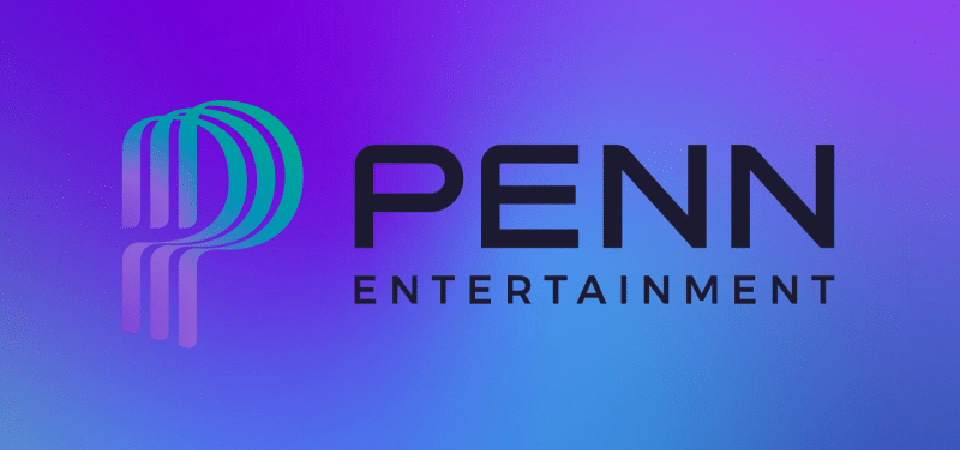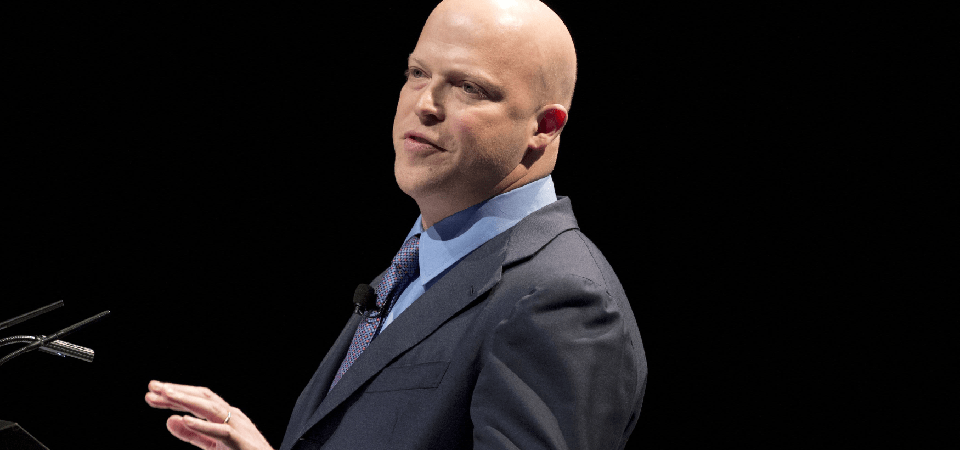Penn Interactive Revenue Could Double by 2029, Says Analyst
Penn Entertainment’s (NASDAQ: PENN) interactive division, featuring the struggling ESPN Bet online sportsbook, has been a point of concern for certain investors, however, one analyst is confident that the company's internet segment will be a major revenue contributor in the future.
In a recent report, Morningstar analyst Dan Wasiolek observed that although Penn presently earns all of its earnings before interest, taxes, depreciation, amortization, and restructuring or rent costs (EBITDAR) from its physical casinos, the company’s online segment contributed 14%-15% of revenue last year — a number that could potentially increase to about 29% by 2029.
"Penn is positioned to benefit from the multi-billion-dollar sports betting and iGaming market, aided by further integration with the ESPN franchise, as well as the addition of parlay products and a dedicated iGaming app launched in early 2025,” observes Wasiolek.
It's among the most optimistic evaluations of Penn's interactive operations so far. Despite progress in iGaming with its independent Hollywood Casino app, ESPN Bet has not achieved sufficient market share in the US online sports betting industry, as recognized by the company.
Sports wagering increased Penn’s debt ratios
A major reason Penn has angered investors, including those advocating for alterations at the firm, is the substantial amount of money the operator invested recently to establish a presence in online sports betting without achieving success.
Barstool Sports and theScore were acquired for over $2.5 billion in total, and Penn might invest $2 billion over a decade to ensure ESPN Bet's success. Analysts and certain investors assert that those agreements have not yielded benefits, causing the buyer's debt/adjusted earnings before interest, taxes, depreciation, and amortization (EBITDA) ratio to spike to 8.7x last year, up from 6.7x in 2022.
Analysts speculate that Penn might abandon ESPN Bet next year and consider selling theScore — probably for much less than its acquisition cost — to concentrate on its brick-and-mortar casinos and iGaming platform. On the other hand, Wasiolek views the operator as reducing debt while simultaneously investing in both aspects of the online gaming world.
“During the next three years, we see the company’s debt/adjusted EBITDA averaging 3.2 times, driven by improving profitability,” notes the Morningstar analyst. “We see the $3.4 billion in free cash flow to the firm that we expect in 2025-29, along with the $1.7 billion in liquid cash and available credit as of Dec. 31, 2024, to be focused on reducing debt levels and investing in the digital sports and iGaming markets, along with share repurchases.”
Growth in iGaming May Advantage Penn
Penn’s portion of the US physical casino market is competitive with opponents Caesars Entertainment (NASDAQ: CZR) and MGM Resorts International (NYSE: MGM), and similar to those companies, Penn’s omnichannel strategy has advantages, such as the ability to act as a conversion tool that attracts more bettors to its online services.
"Penn’s digital business benefits from its strong physical locations, as many states require operators to have a retail location to receive a sports betting or iGaming license,” adds Wasiolek. “We still expect Penn’s interactive EBITDAR margins to ramp to the low 20s around the end of our 10-year forecast, compared with the negative 52% margin seen in 2024, as Penn’s omnichannel presence, in-house technology, and exclusive ESPN partnership allow for strong customer acquisition and retention in a large and growing market.”
With the success of the Hollywood Casino app, it's possible to claim that Penn could gain from iGaming growth; however, the perspective on this issue is unclear, as some market analysts think only one state — Florida — will introduce online casinos in the upcoming two years.












